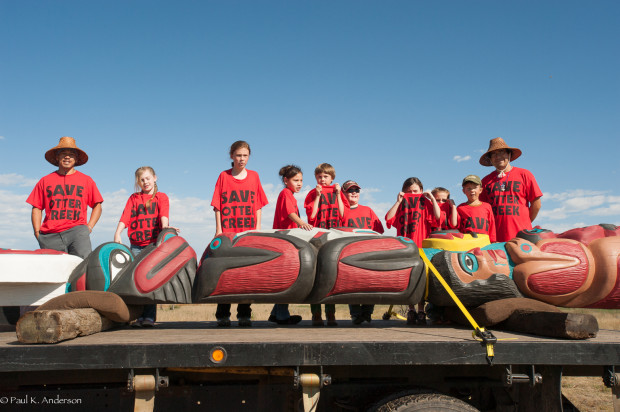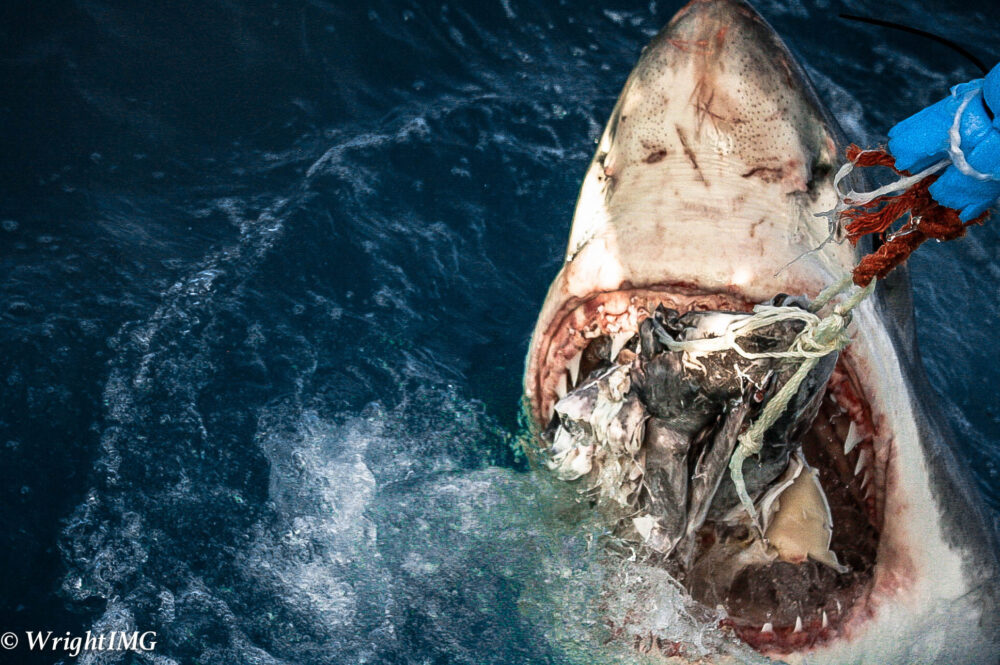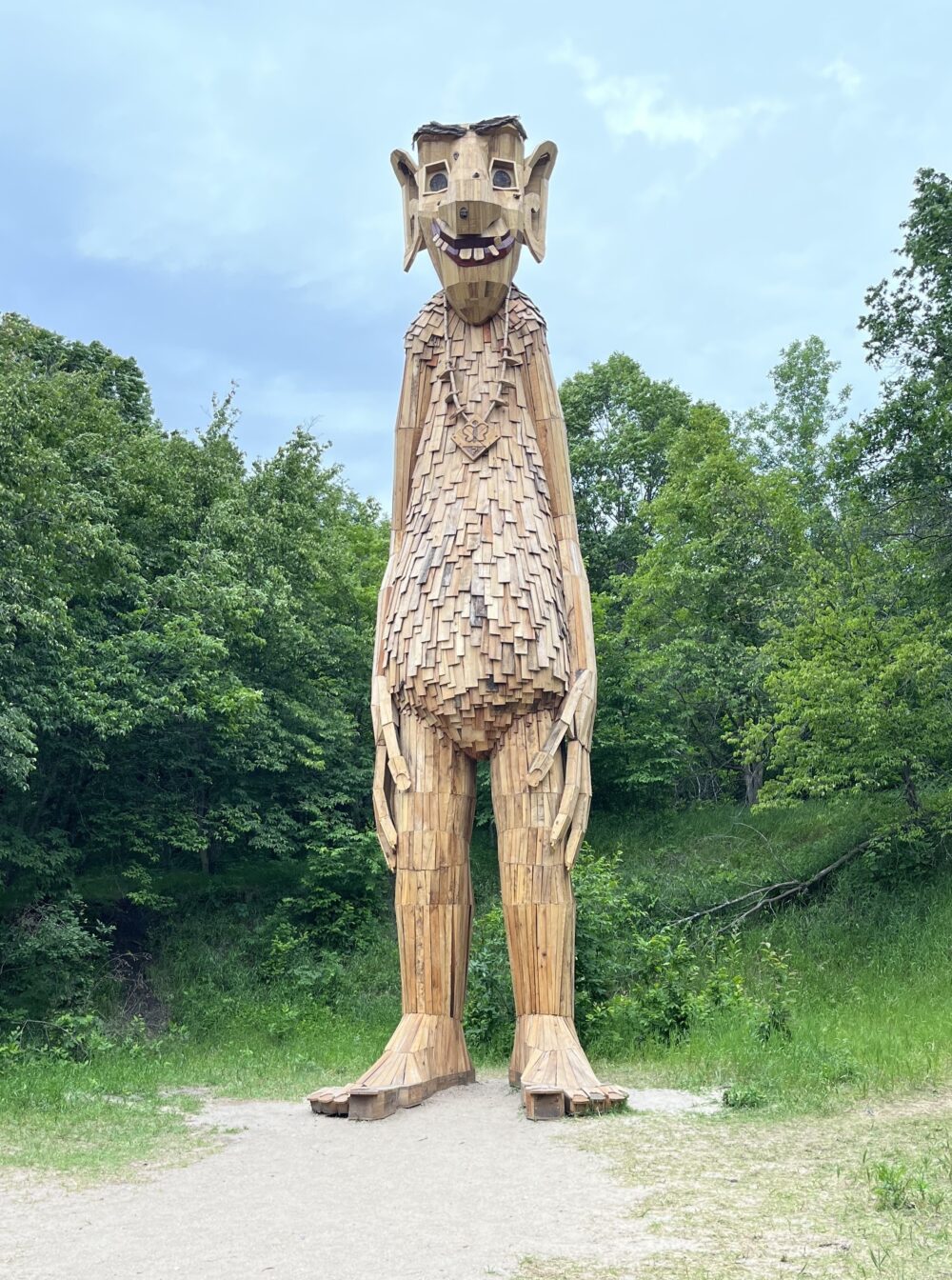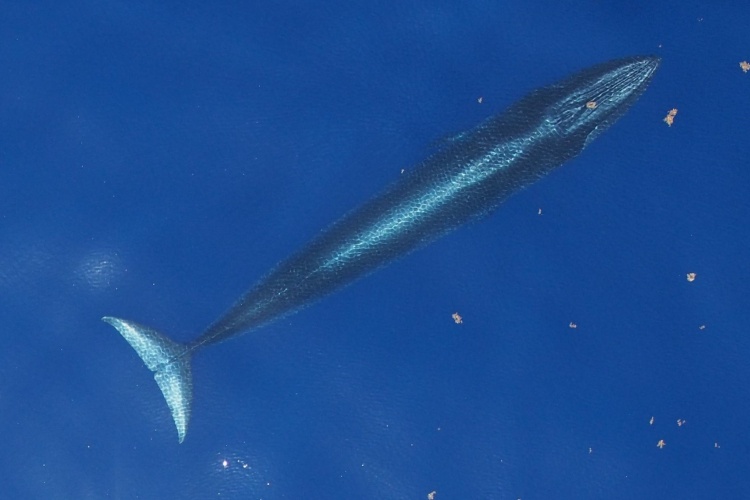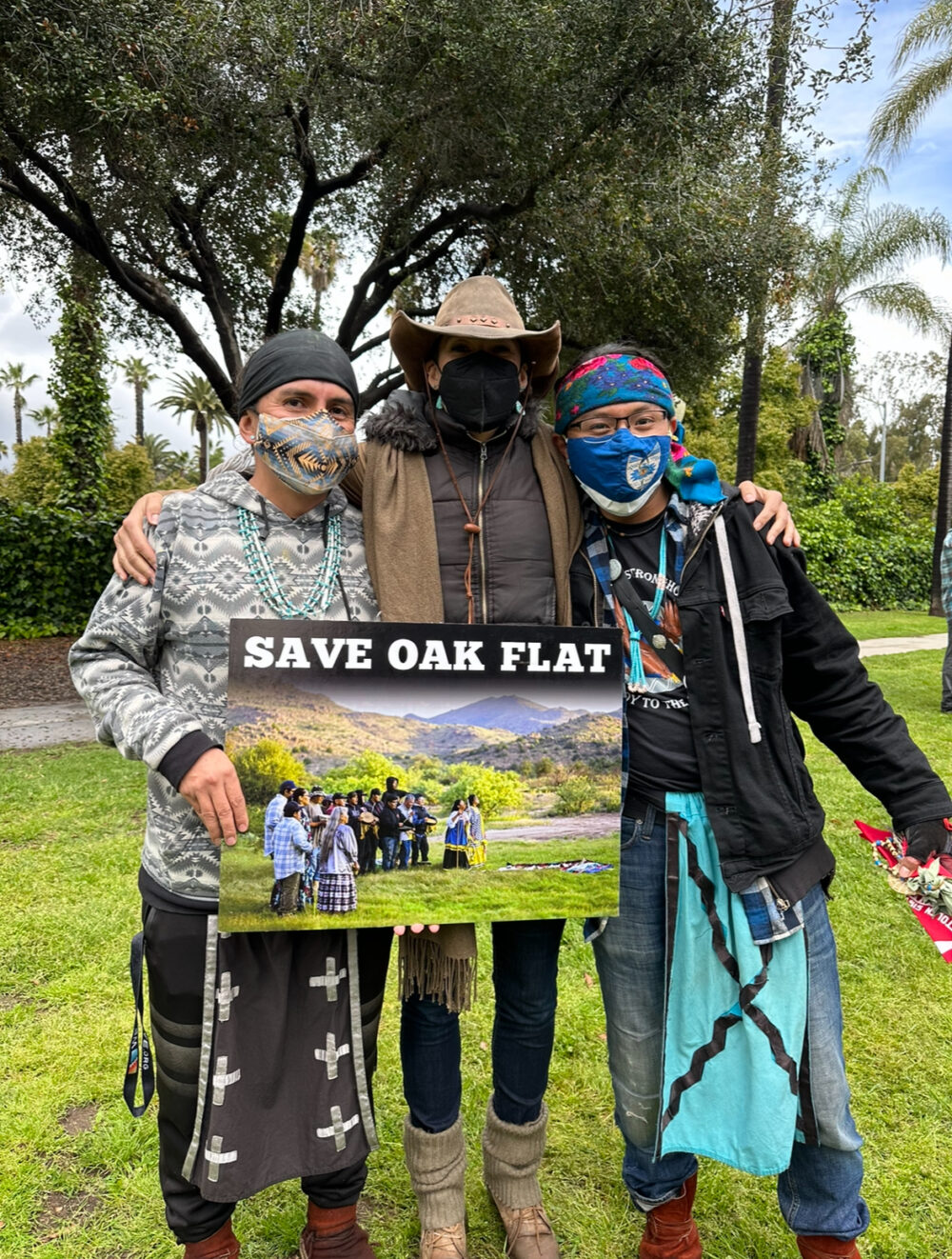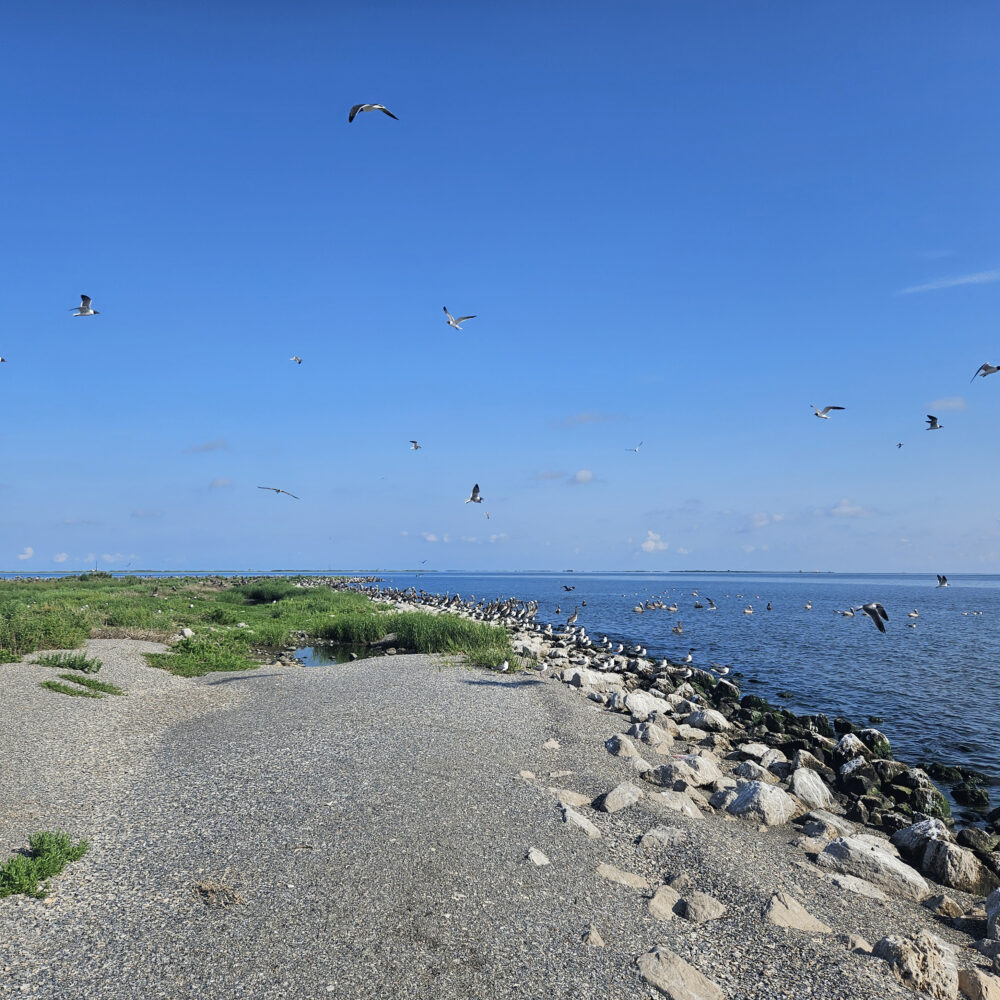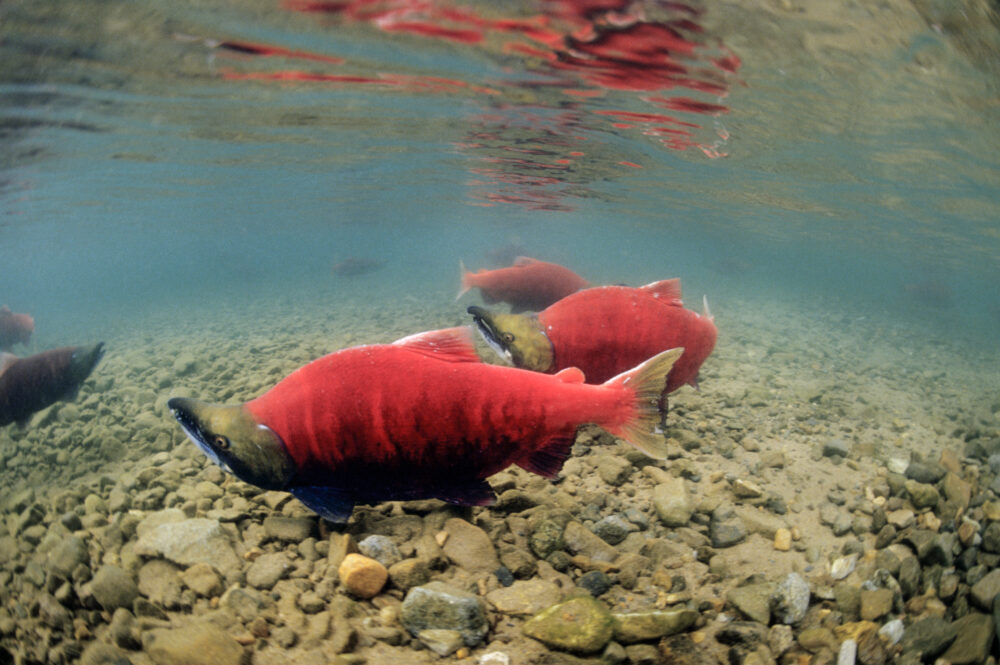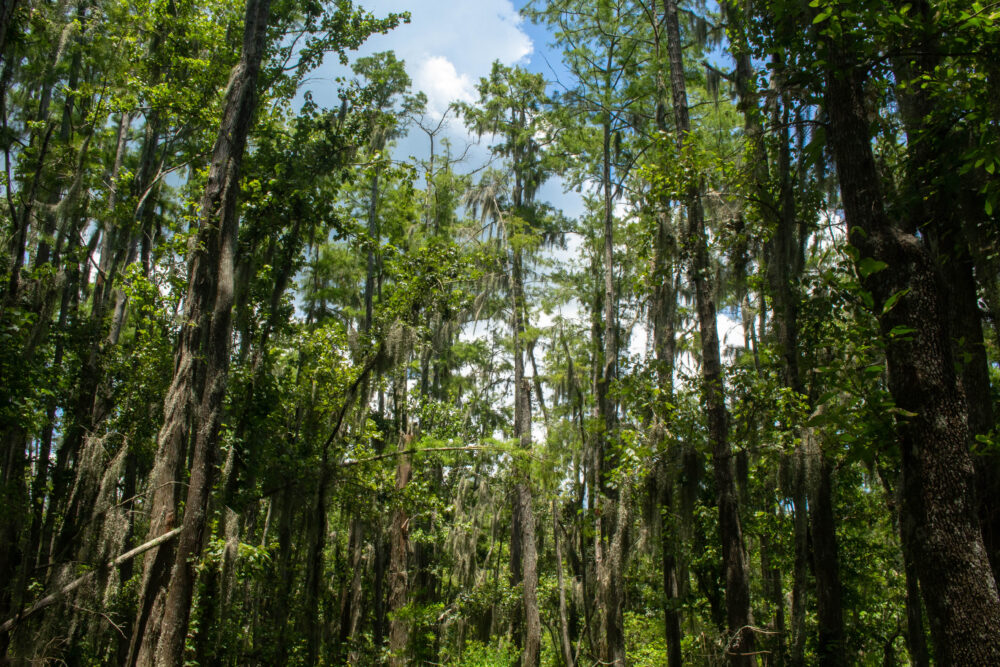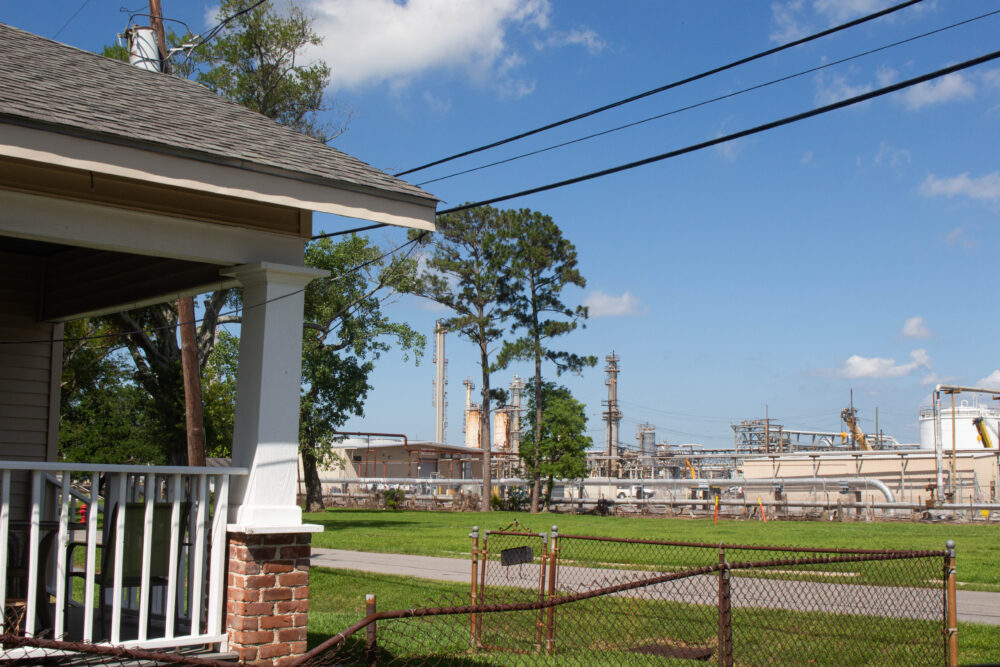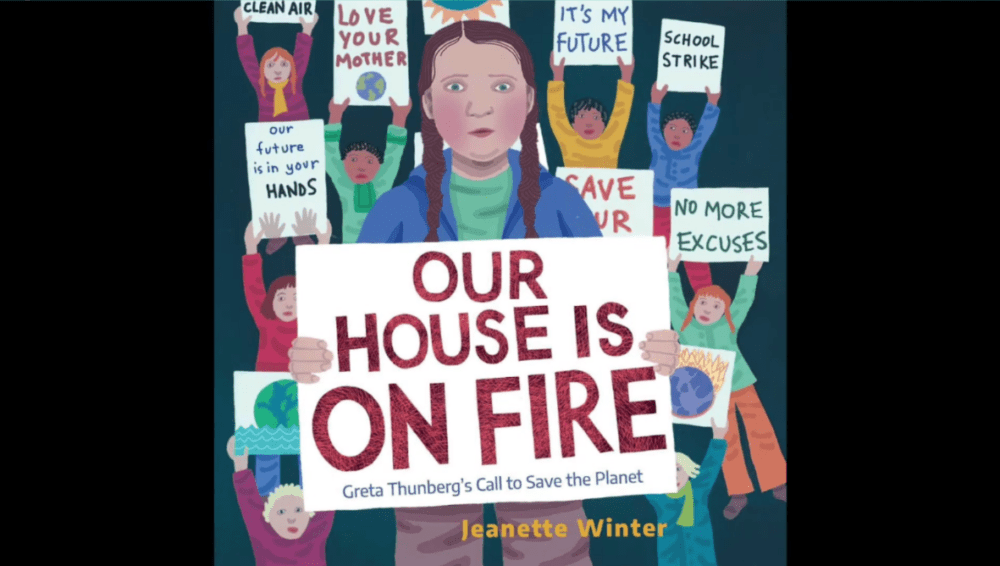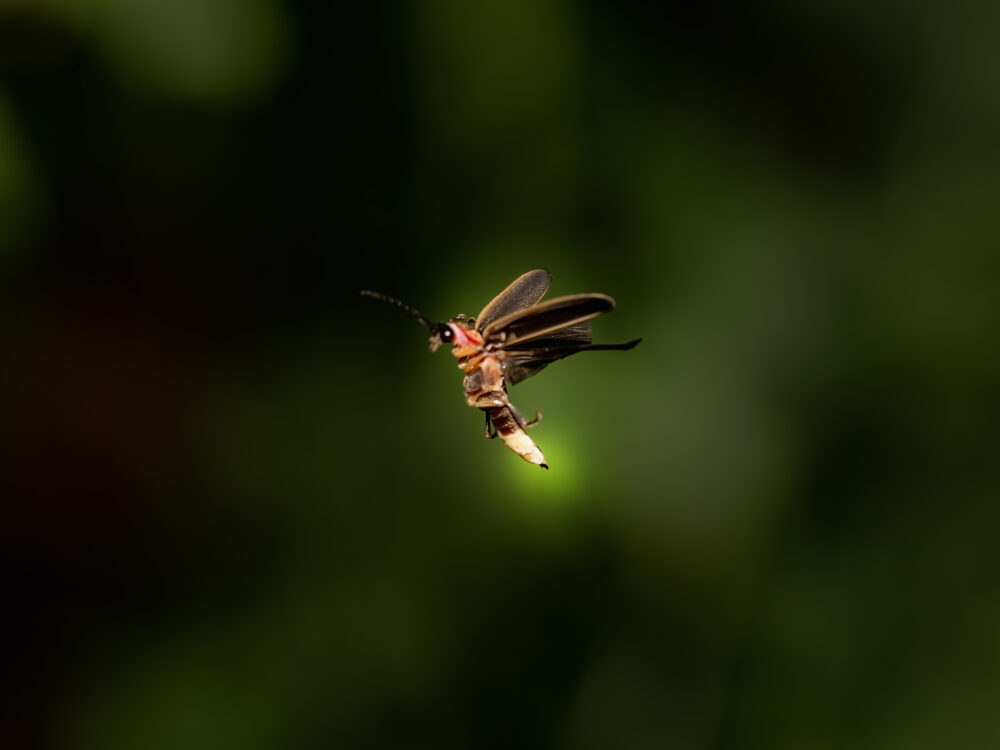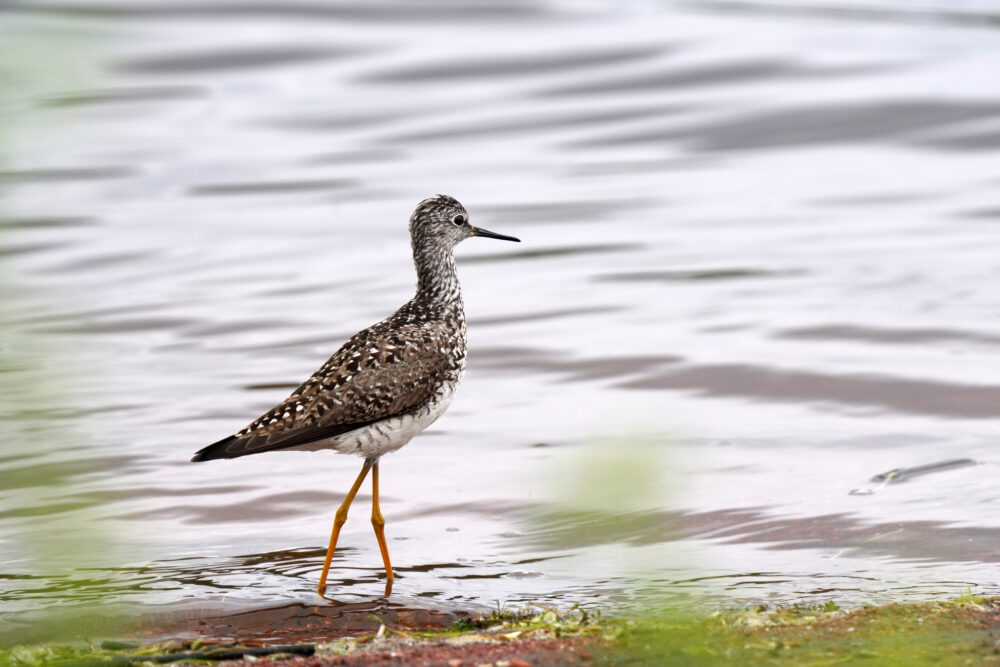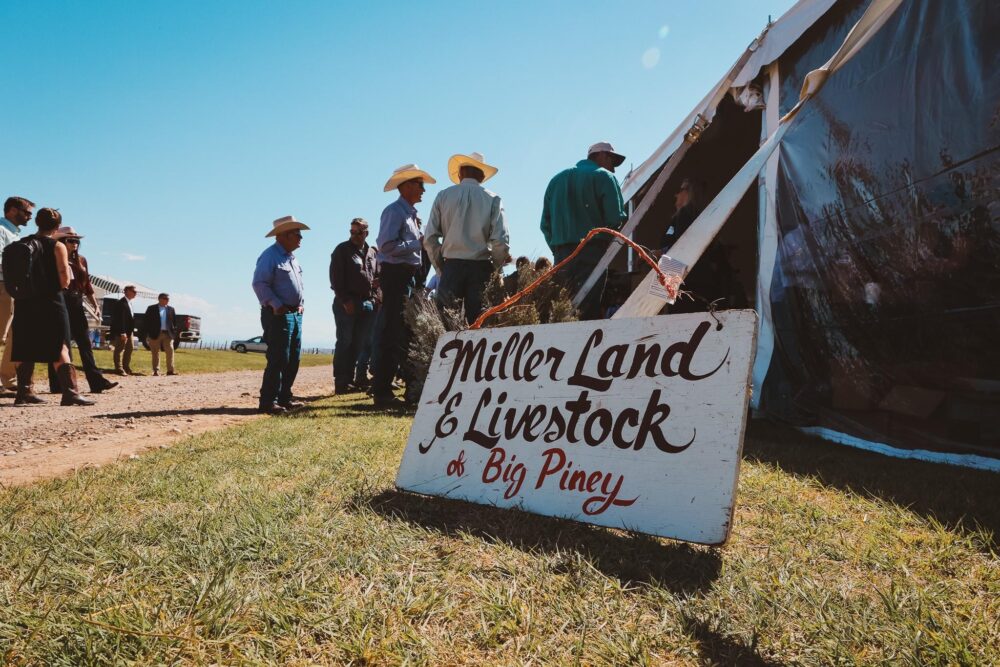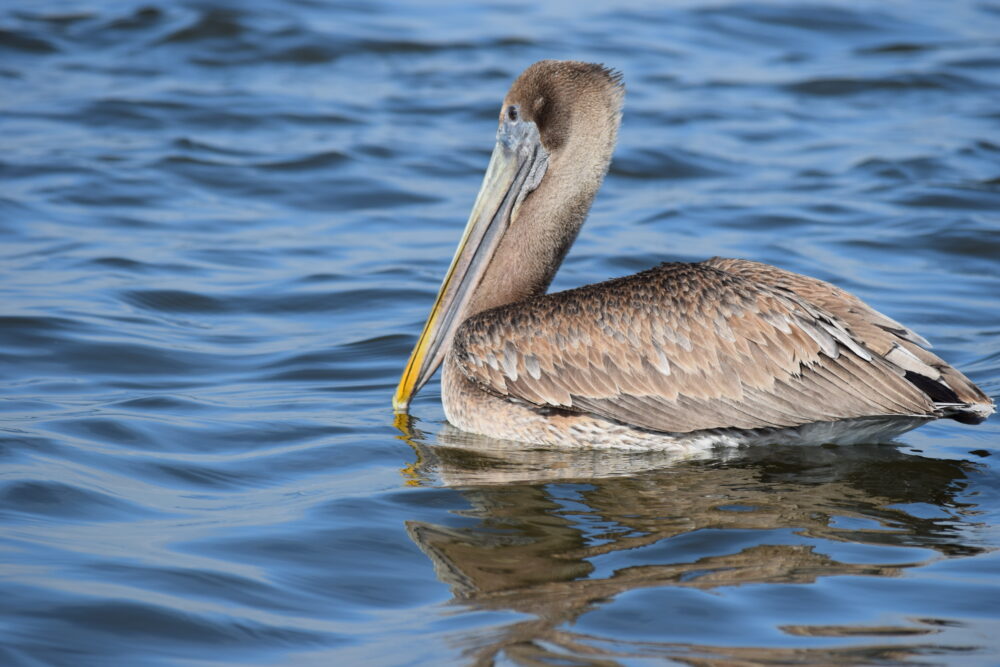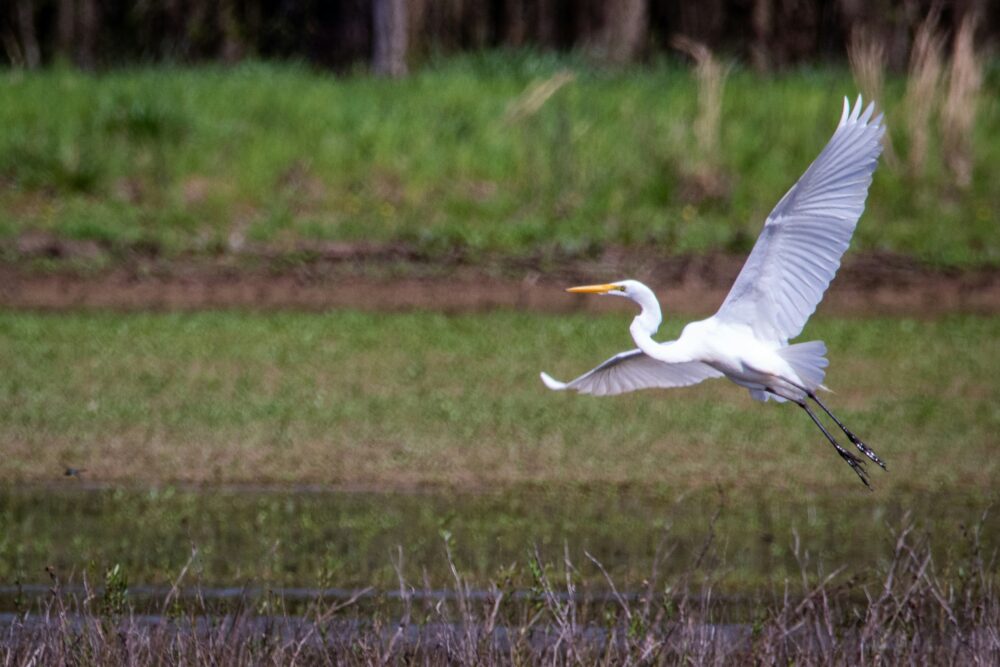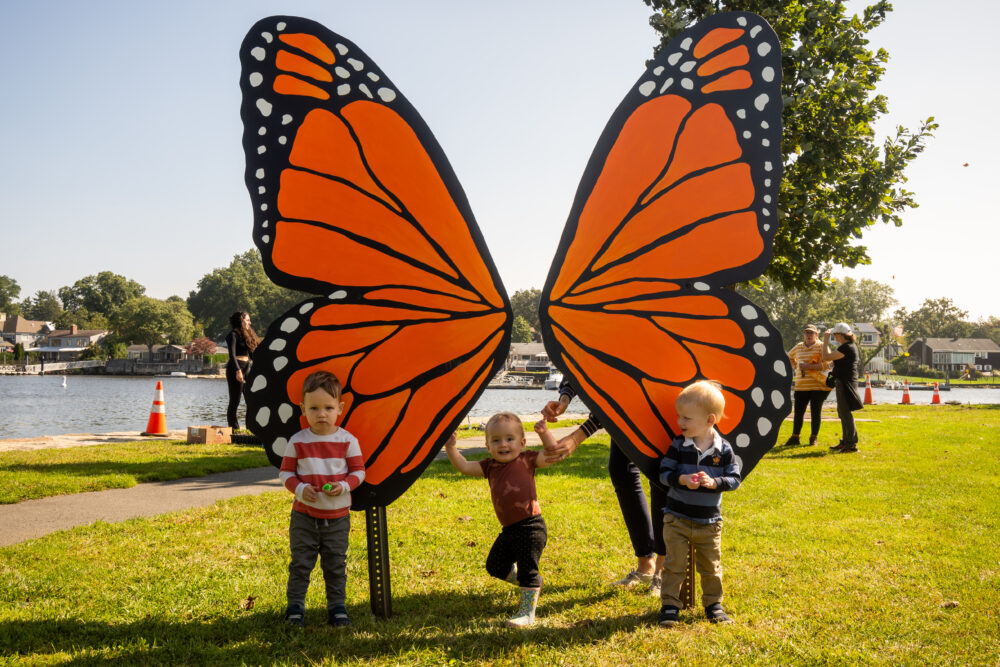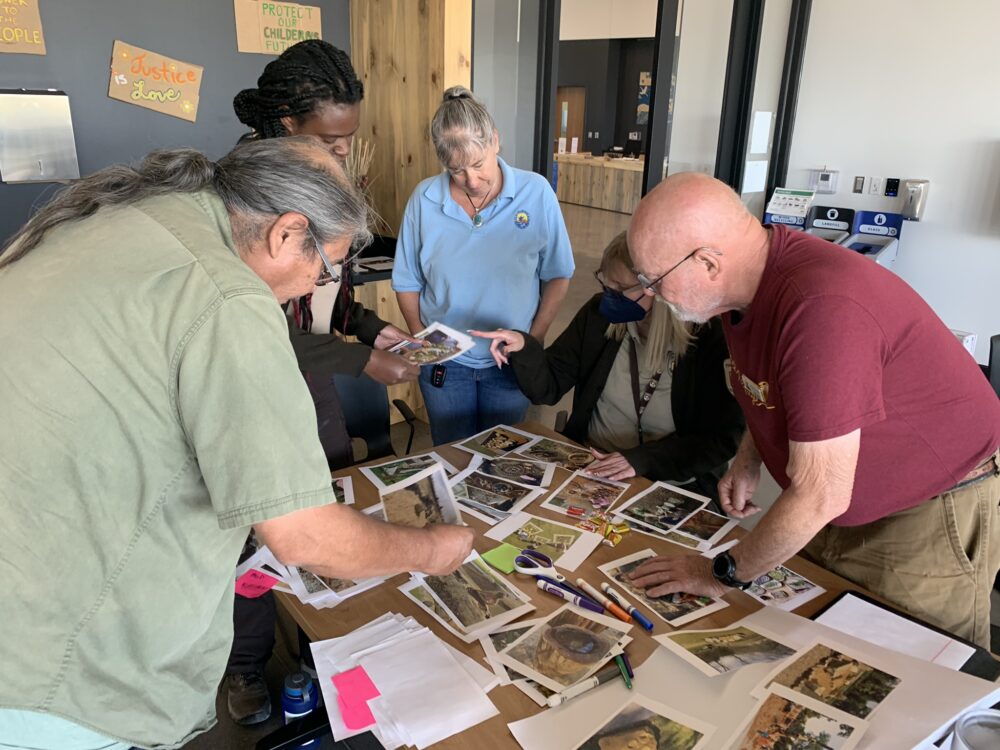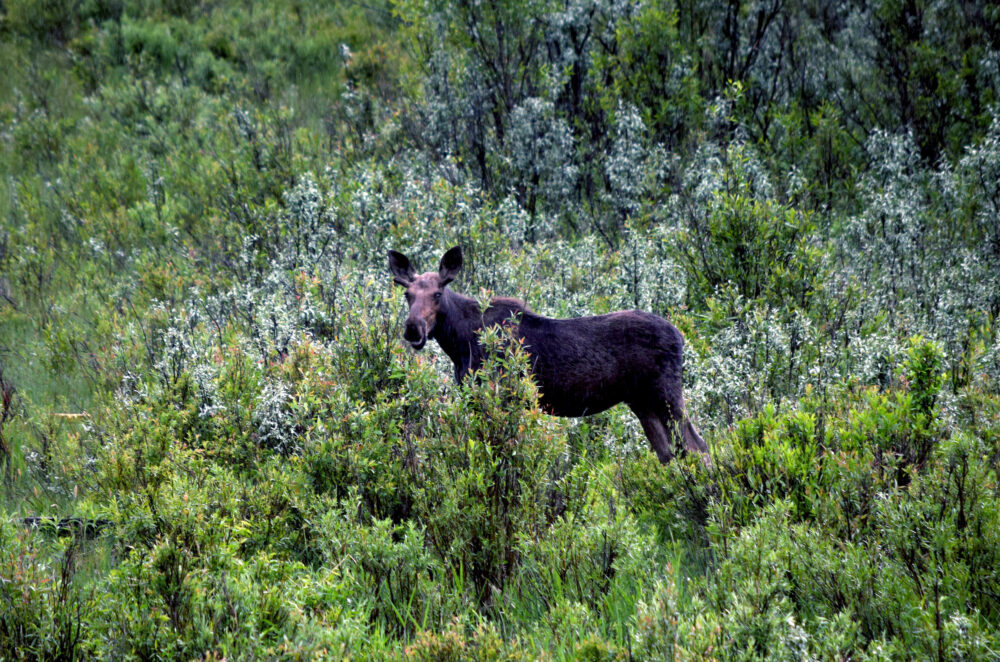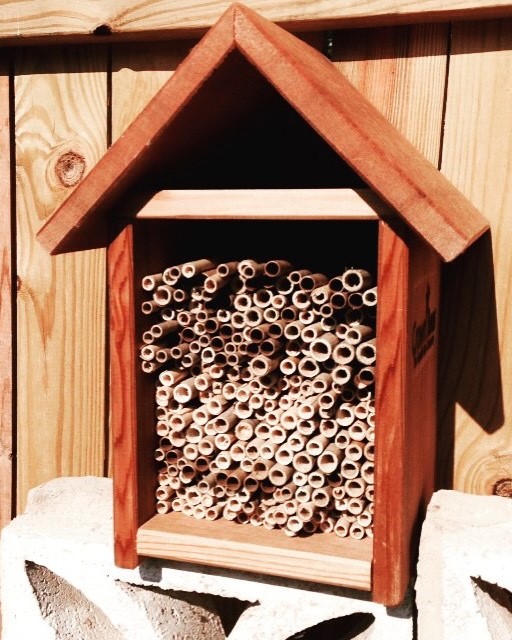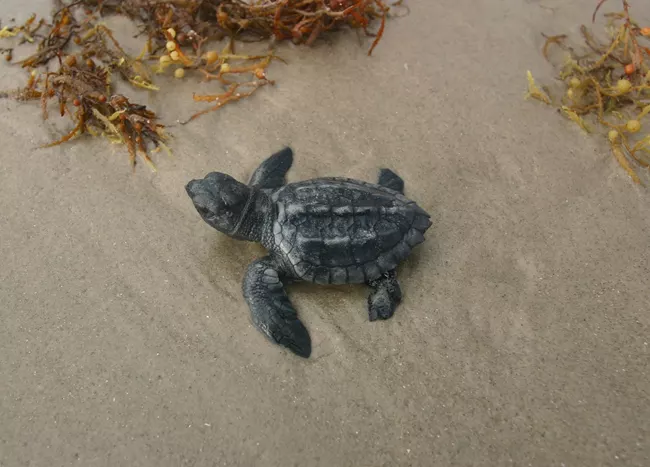We have much more to do and your continued support is needed now more than ever.
The Top 5 Moments In Our 2013 Fight To Stop The Otter Creek Coal Mine
It was a rough year for Arch Coal. Their stocks are in the tank, their credit rating keeps getting lowered and oh yeah, they still don’t have a permit for their proposed Otter Creek mine.
But 2013 was a great year for those of us fighting to protect the beautiful and remote Otter Creek valley from a massive coal mine. Alliances and networks were strengthened, hundreds of new people became engaged in the fight, communities came together and this mine still doesn’t have a permit.
Looking back on a year of many successes, I picked the top five moments that I think everyone who cares about Montana, our wildlife, global climate change and our democracy should know about. I don’t go into depth but there are links on each story if you want to learn more.
And, in the order that they occurred, here they are.
Drumroll please.
1. Northern Cheyenne tribal members show everyone what free speech looks like.
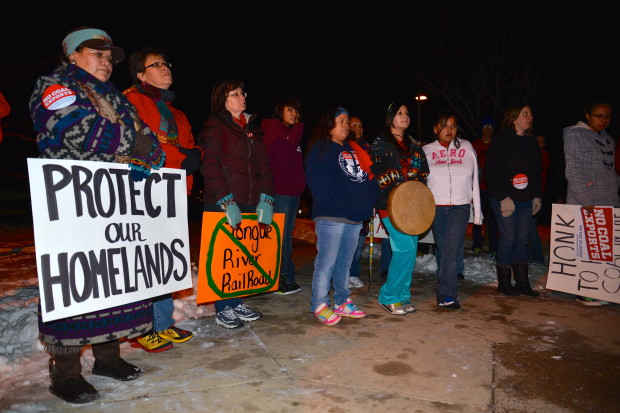
Just for a quick background, in recent years, our government agencies have tried to move toward “open house” style public hearings instead of the traditional public hearing where people stand and give their testimony in front of their fellow citizens, agency staff, companies and decision makers. At its core, I believe this is a concerted effort to prevent the public from learning from each other and a way to mute conflict on controversial projects.
About 100 folks showed up to a pre-hearing rally holding signs and wearing Beyond Coal bright red t-shirts in front of the Northern Cheyenne Tribal Headquarters. When the hearing was supposed to start, as a group that was growing every minute (we ended the evening at around 200 attendees), we walked into the hearing room, carrying our own microphone system. Our spokesman, Tom Mexican Cheyenne, informed the DEQ that this would, in fact, be a true public hearing. Here is part of Tom’s speech:
I just wanted to say to you, when you come here you are coming to where we live. I ask you to respect that. We don’t talk to microphones, we talk to people. We also talk to people so the rest of our people can hear what is being said. And that is the way we’d like to go about this. Is to have our people tell you how they feel about what you are planning and want to do here to this country. We have elderly people here and other people who have something really important things to say. And we really feel that it needs to be heard by everybody and not just to a microphone or one individual sitting here switching a switch on and off. So we don’t want that here.
We ask that you to respect our ways. This is why we are here as a community and as people that live in this area. Thank you.
Northern Cheyenne and local ranchers testified for over three hours. Only one person spoke in favor of the mine. Arch Coal staffer Mike Rowland left after two hours. DEQ staff stayed and listened the entire time.
The Takeaway: In Montana, especially in Cheyenne country, if we don’t get the public hearing we deserve, we hold our own.
2. Northern Cheyenne tribal members host large Inter-Tribal No Coal Gathering in Lame Deer, Montana.
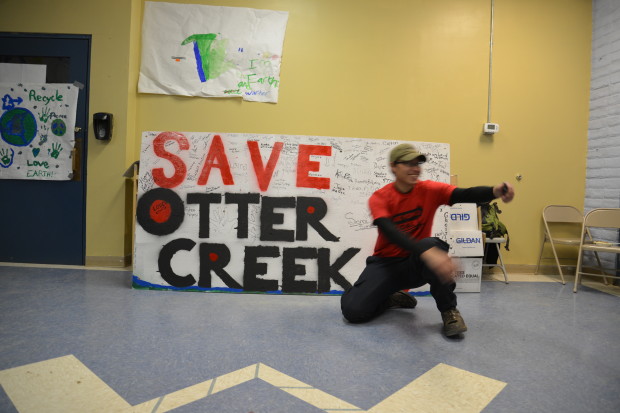
Tribal leaders spoke about the impacts from coal and other energy development on their communities. Statements of solidarity were read from the Salish Coast Gathering and Lummi Nation. After this event, the Oglala Lakota Nation passed a resolution in opposition to the Otter Creek coal mine and Tongue River Railroad.
The Takeaway: Tribes, conservationists and agricultural producers are coming together to fight coal. The network from the plains to the ports is growing stronger every day.
3. The State of Montana Rejects Arch Coal’s Permit Application With Over 40 Pages of Deficiencies.
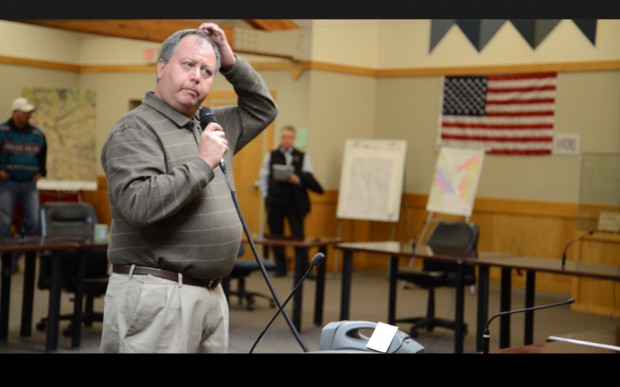
Arch Coal has not resubmitted an application.
Oh, and this is why the Otter Creek Coal Mine will never be built.
The Takeaway: Arch Coal does not have a permit. The Montana DEQ is not working on an Environmental Impact Statement.
4. Tongue River Railroad Environmental Impact Statement delayed at least a year.
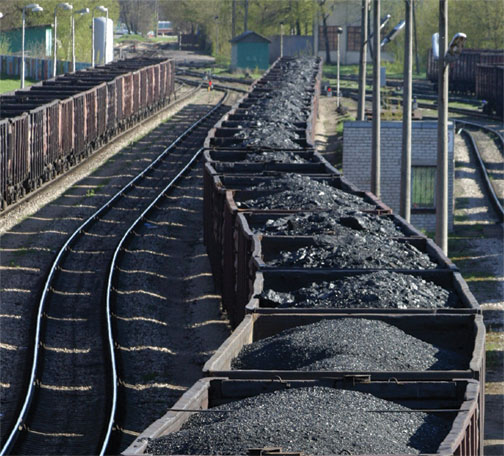
The Takeaway: The Tongue River Railroad does not have a permit.
5. Lummi Totem Pole Journey Begins in the Otter Creek Valley.
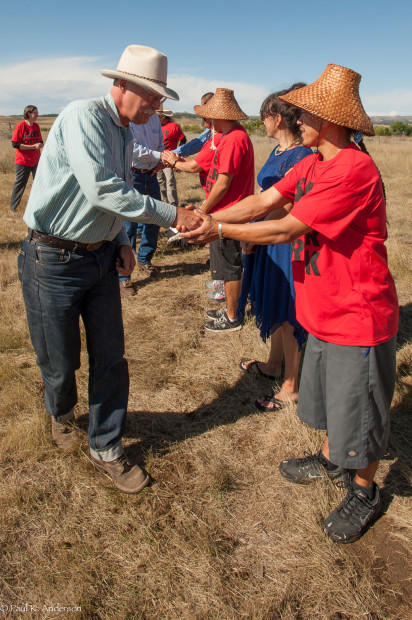
In addition, the work to protect the valley and the event won Conservation Story of the Year from the Montana based Cinnabar Foundation. To learn more about the event, see additional photos and learn how it came together, please click here.
The Takeaway: The proposed Otter Creek mine is both a global and local fight and people will respond accordingly. If developed, the mine would impact people and wildlife from the mine site through the rail lines and the ports, not to mention the impact on global climate change.
![]() If you like what we are doing, please help support our work to keep coal in the ground by donating today.
If you like what we are doing, please help support our work to keep coal in the ground by donating today.
